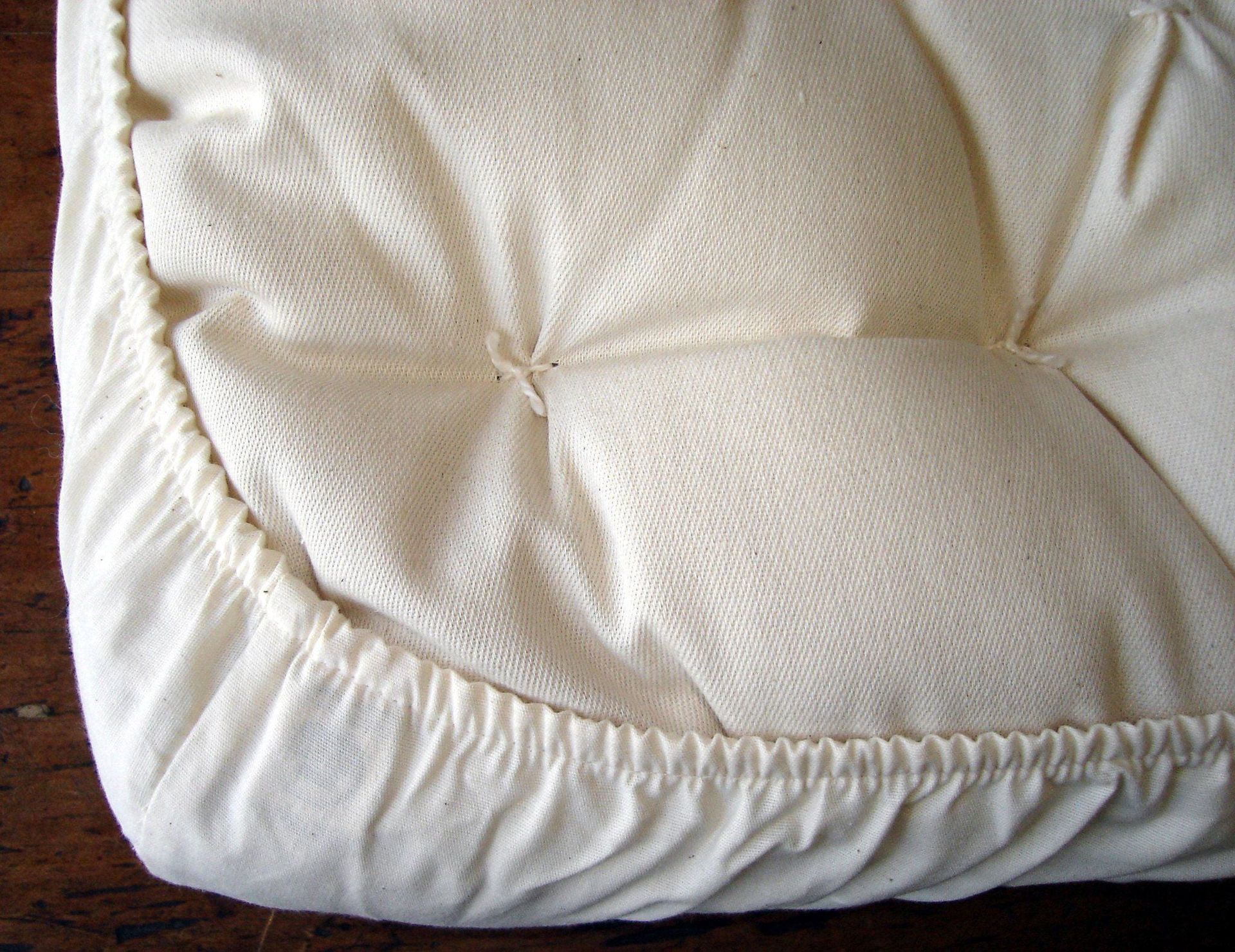
Organic Fitted Bassinet Sheet
Price: $69.00
View Product
Vispring Tiara Superb Mattress
Price: $10,500.00
View Product
Savvy Rest Organic Latex Soap-Shaped Pillow
Price: $139.00
View ProductExplore the intricate science behind sleep cycles and how they affect your overall sleep quality. This article delves into the stages of sleep, their significance, and tips for optimizing your nightly rest to enhance health and well-being.
Understanding sleep cycles is crucial for anyone seeking to improve their sleep quality and overall health. Sleep is divided into several stages, primarily categorized into Rapid Eye Movement (REM) and non-REM sleep. Each stage plays a unique role in physical and mental restoration.
The non-REM sleep stage encompasses three distinct phases:
After approximately 90 minutes of sleep, the body enters REM sleep, where most dreaming occurs. This stage is crucial for emotional regulation, memory consolidation, and brain development. Interestingly, the brain is more active during REM sleep than when awake.
Sleep cycles typically last around 90 minutes, repeating several times throughout the night. Each cycle consists of both non-REM and REM stages, with the proportion of REM sleep increasing with each successive cycle. This pattern is vital for maintaining cognitive functions and emotional health.
Throughout history, various individuals have contributed significantly to our understanding of sleep and its cycles:
To enhance sleep quality, it is essential to create a conducive sleep environment. Factors such as light, noise, and temperature play crucial roles in how well we sleep. Here are some practical tips:
In conclusion, understanding the science of sleep and its various cycles is crucial for enhancing overall health and well-being. By recognizing the importance of REM and non-REM sleep, and by optimizing our sleep environment, we can improve our sleep quality. Embracing these practices not only aids in achieving restorative sleep but also enriches our waking hours.
For those interested in diving deeper into the science of sleep, consider exploring works by the key figures mentioned, or try out the various sleep products available, such as organic cotton mattress protectors or supportive pillows, to enhance your sleep experience.

Price: $69.00
View Product
Price: $10,500.00
View Product
Price: $139.00
View Product